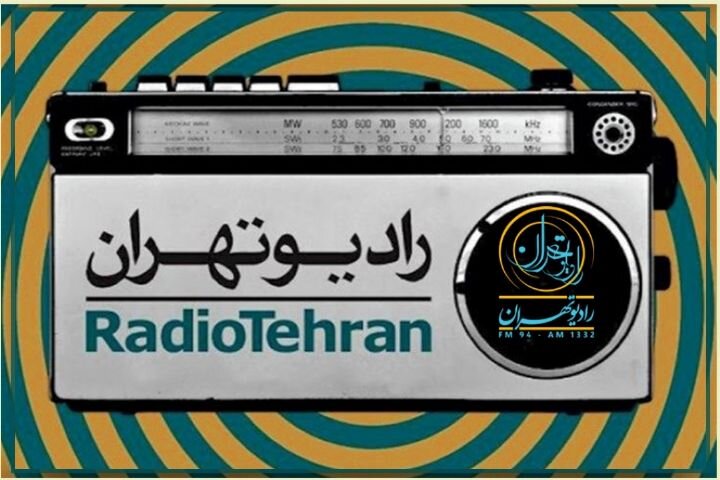Tehran – To strengthen media diplomacy, Radio Tehran has concluded a strategic cooperation with Sputnik, the Russian international news agency, marking a new chapter in media engagement in Tehran and Moscow.
In an age where information wars extend beyond geographic boundaries and narratives play a pivotal role in global power dynamics, media outlets have become an important tool for soft power, Mehr reported Monday.
The Iran-Russian partnership (Eurasian two influential players) is introducing their common strategic interests, the report added.
This latest collaboration aims to promote content exchange, develop joint analytics programs, and deepen coverage of bilateral relations and emerging global order.
Radio Tehran Director Reza Kushakazzadeh Tamtan highlighted the purpose and importance of this collaboration, highlighting Radio Tehran’s long-standing influence and ambition to expand its scope beyond local and national boundaries.
“Russian partnership with Sputnik is part of a broader strategy to strengthen media diplomacy, reflect Iran’s strategic perspective and shed light on overlooked possibilities in Iran-Russia relations,” he said.
Under this agreement, the two sides will collaborate across a variety of domains, including analyzing the strategic opportunities and challenges of bilateral relations, shaping new global landscapes between Iran and Russia, addressing existing imbalances in political, economic, cultural and media relations, and promoting synergies within regional organizations such as Shanagai Cooperative Organizations.
He also emphasized that the collaboration is not merely symbolic, but will be actively implemented through analytical programs, audio documentaries, expert dialogue and collaborative content.
The initiative focuses on promoting policies of cultural diplomacy, transport and economic capabilities, Central Asia and the Caucasus cooperation, and neighbouring engagement, he said.
Ivan Zakharov, Director of Middle East Cooperation, Sputnik, stressed the strategic importance of this partnership in light of the evolution of Iran and Russia. “Our political and economic ties are entering a new stage, but sustainable growth relies on targeted media support,” he said.
Zakharov emphasized that Sputnik’s mission in the region is to provide alternative, independent narratives rooted in national interests and counteract the domination of Western media. “The long-standing partnership with the Islamic Republic of Iran has proven successful in producing a joint radio program.”
“However, we want to expand our collaboration to new media projects and take our joint efforts to a higher level. We are confident that sharing efforts with Radio Tehran will lead to fruitful results,” he concluded.
Radio Tehran, owned by Iran’s Islamic Republic Broadcasting (IRIB), mainly serves local programs to Tehran residents. Founded in the 1940s, it evolved from the early days of wireless, and is now operating 24/7 with diverse content in multiple sectors, promoting the capital’s cultural, social and regional development.
Sputnik is a Russian state news agency and broadcasting station, launched in 2014 and has global reach in 31 languages. Sputnik aims to provide alternative narratives, challenge the domination of Western media and promote the geopolitical interests of Russia around the world.
sab/

